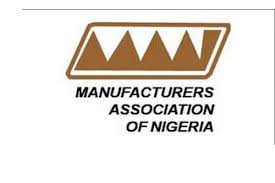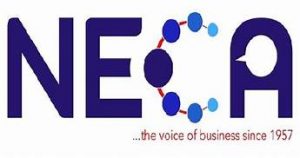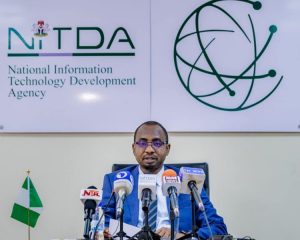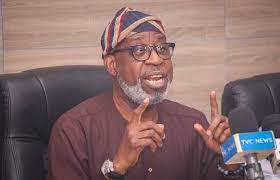Nigerian Manufacturers Suffered N145.59Bn Investment Decline in H2, 2022

The Manufacturers Association of Nigeria, (MAN) has attributed uncertainties in Nigeria’s economic environment especially towards the end of last year as the bane of huge investment decline which negatively affected the sector.
Director General, MAN, Mr Segun Ajayi-Kadir, while presenting its summary of findings of the survey of manufacturing sector by the Manufacturers Association of Nigeria (MAN) for the second half of 2022, disclosed that investment dipped to N145.59 billion in the second half of 2022 down from N160.88 billion recorded in the corresponding half of 2021; thus, indicating N15.29 billion or 10 per cent decline over the period.
He stated that it further declined by N32.8 billion or 18 per cent when compared with N178.39 billion recorded in the first half of the year.
It was gathered that the survey is designed to monitor changes in manufacturing sector performance indicators viz-a-viz the behaviours of macroeconomic and policy environments during the period of the survey.
The focus manufacturing indicators, however, include capacity utilization, production value, inventory, level of utilization of local raw materials, investment, expenditure on alternative energy sources, etc.
“Under the period in survey, Manufacturing investment totaled N323.98 billion in 2022 as against N305.02 billion recorded in 2021. Investment in the period was affected by the high debt profile of the Government which particularly deters foreign investment, high cost of borrowing, high cost of energy, low consumption during the period and many more,” he added.

Accordingly, MAN recommended investment in transportation sector (road, rail, waterways etc.) to mitigate the high cost of transportation logistics in the country; Invest significantly in ports infrastructure including scanners, etc.; Resuscitate the moribund rail tracks leading from the ports to industrials areas; Government Agencies operating at the ports should work harmoniously, particularly in the implementation of the recent migration of National list to ECOWAS CET Chapter 99; Implement the single window platform to eliminate significant human inference in the ports clearing system; Improve the time taken to clear machines and raw-materials at the national ports while making the link road accessible.”









